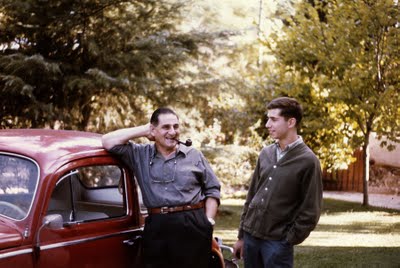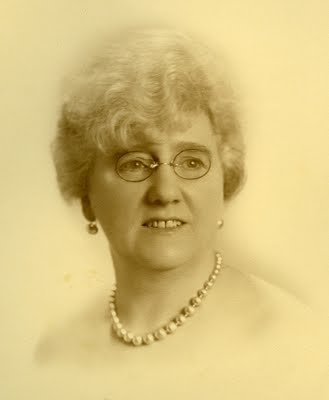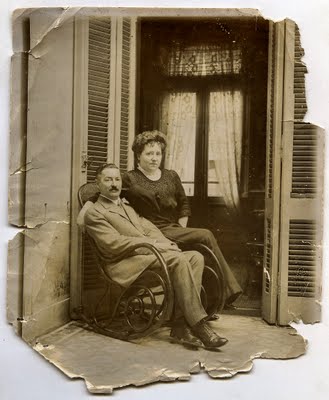The Armenian In A Kilt
Friday, November 13, 2009

It was in 1965 (I have a mental block for the month of the year or the day) when the phone rang at the retired U-boat officer’s pension. It was for me. A man with a crisp British accent said, “Alexander your old man kicked the bucket yesterday. He died on the street and was taken to the hospital by vigilante (cop). You have to go to the police station to sign some documents. I terribly sorry.” The man with the crisp British accent was an Armenian who had worn the kilt of the Black Watch in WW-I. His name was Leo Mahjdoubian and we all called him Uncle Leo even though he wasn’t our uncle.
For about a year, I had been going to lunch at his San Isidro home on Sundays. The food prepared by his wife Helen (who looked like a cross between Maria Callas and Yvonne de Carlo) was a treat from the humdrum (and even terrible) Argentine Navy barracks food. We would sit at the table accompanied by Leo’s two sons Julian and Leslie and friends. From the very beginning three separate pepper mills caught my eye. It seemed that each one had pepper from a different area of India and Madagascar. The meal started with a salad followed by some sort of pasta and then a huge roast beef with potatoes and Yorkshire pudding. Before dessert we had soup which at the time was an Argentine custom. The idea was that if soup were very well prepared you would have room for it between a meal and dessert.

The men were pushed upstairs for a siesta. At about four we were awakened and we went down to a high tea to die for.
During my stay in Buenos Aires Uncle Leo always asked me if I needed any money. He would say, “I made lots of money with my assurance company so if you need anything, just ask.” I felt guilty about his hospitality so when possible I would show up at the Sunday lunches with a large blue can of Edgeworth pipe tobacco. We both smoked a
pipe and Edgeworth was my favourite brand. It was impossible to get it in Argentina but the officers of the US Navy for whom I worked as a translator provided we with some little benefits.

After World War I, Leo had decided to move to Buenos Aires. It may have been around the beginning of the 20s. At the time my grandfather Harry and grandmother Ellen lived in the Province of Córdoba. Harry had made good money working for a shipping company. He had moved from Manchester to Buenos Aires at the beginning of the 20th century. He came over with his first son Harry. In Argentina Harry and Ellen had five more children including my father. My guess is that in the mid 20s Harry had a heart attack and Ellen found herself a widow with six children. She moved to Buenos Aires and started a bed and breakfast (a glorified pension). Two boarders were to become important in my life and in the rest of the Hayward clan. It was at Ellen’s pension that Leo finally settled in as well as James Blew. James married my youngest aunt, Aunt Lilia. Leo had an easy going manner and he soon became an adopted member of the family. I believe that in later years Leo somehow was the family financier who might have even helped pay some of my father’s and my Cousin Robert Hayward’s gambling debts. I am only guessing this since anybody who could confirm it is long dead.
Before Uncle Leo died in the late 80s he sent me a photograph of my grandmother Ellen (Ellen Carter). It came with a backing that had a dedication by her. For about 10 years I misplaced this photograph. I found it yesterday filed with some of my self-portraits. The other picture here is of Ellen and her husband Harry.

The only grandparent I ever met was my mother’s mother so finding this photograph and remembering the Hayward side of my family gave me some comfort and nostalgia for those three-pepper mill days.






